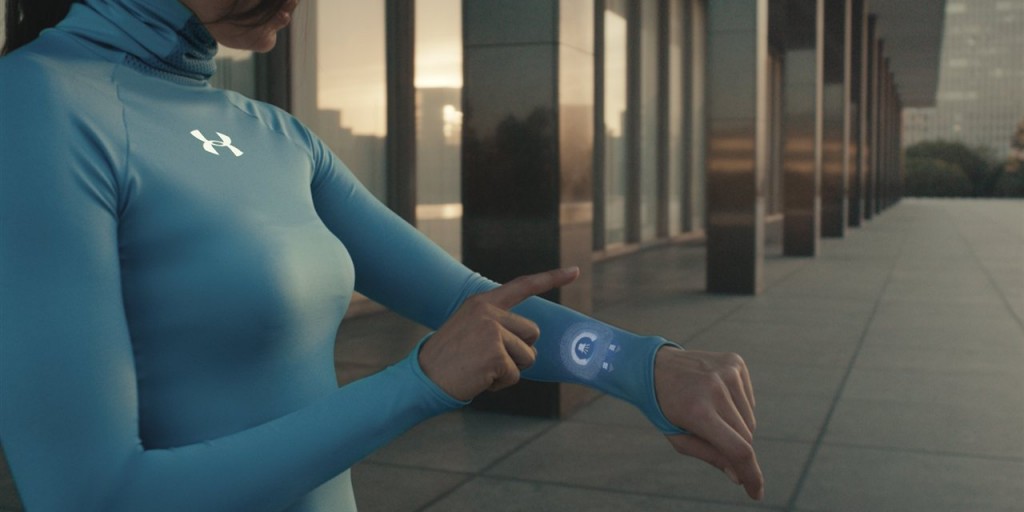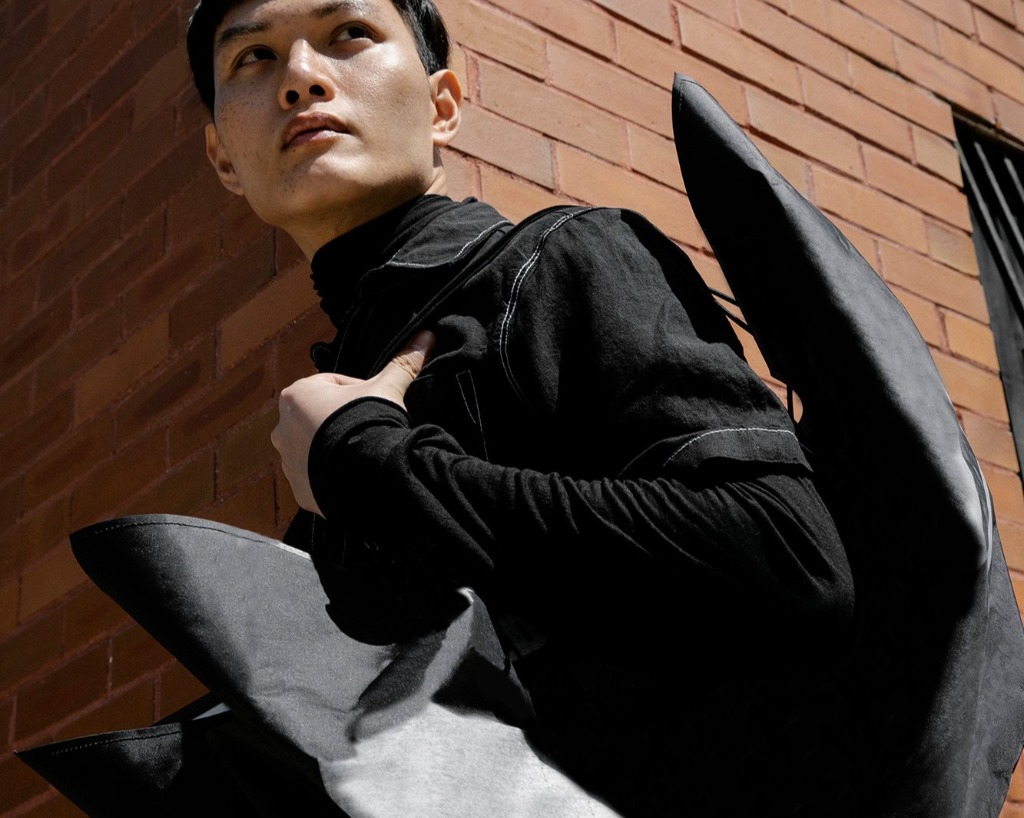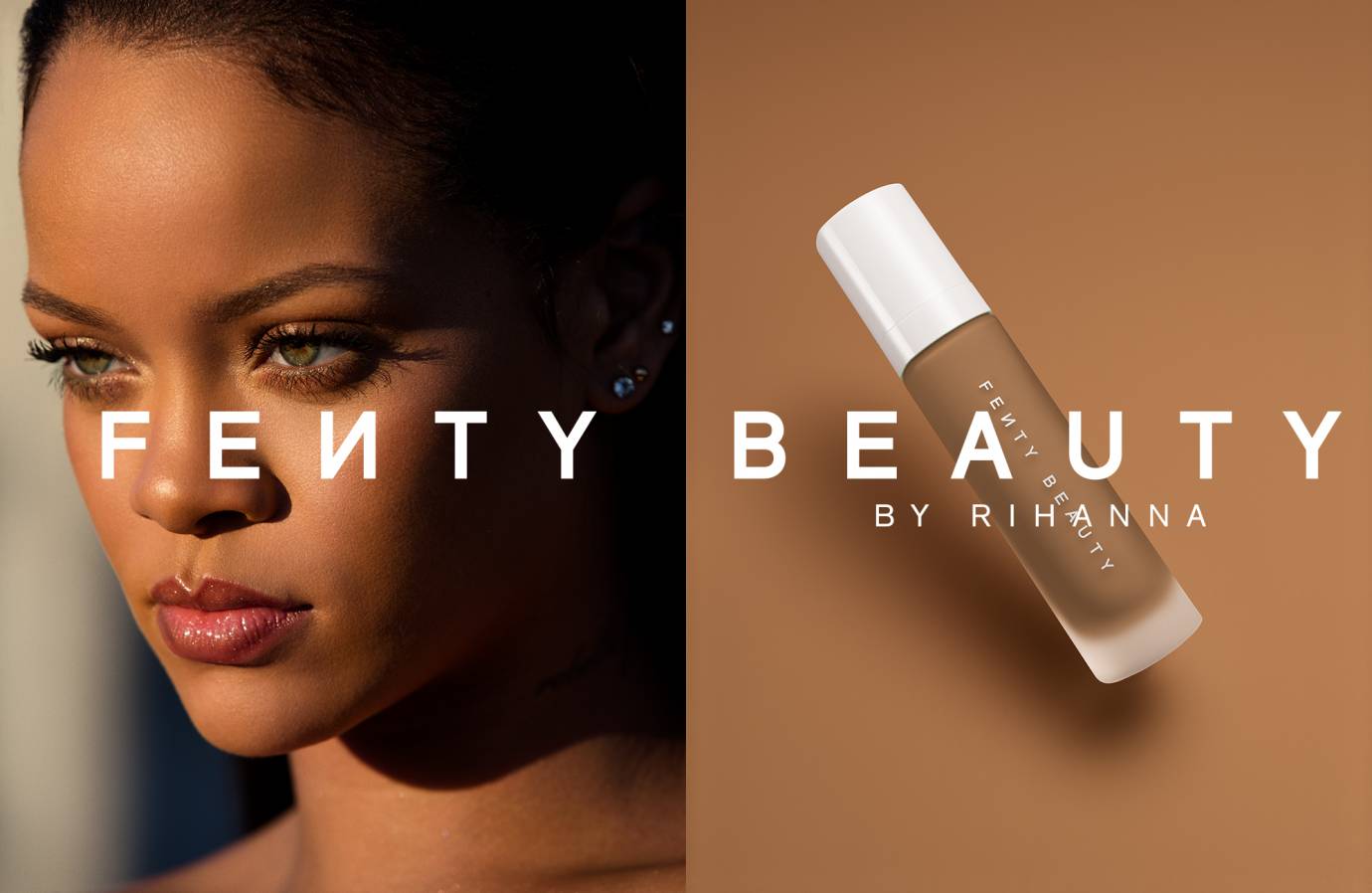Caraa CEO Aaron Luo: Startups have given up on good, old-fashioned (non-tech) product innovation.
Make no mistake: Tech is hot for retail. Funding for startups offering in-store technologies — from store management platforms, to wearables for store staff, to beacons for in-store analytics and proximity marketing — has risen to an all-time high, with 170 deals worth nearly $800M secured in 2016 alone.
Everywhere you look you see one startup after another funneling resources and time into these retail technologies and topping it all off with flashy marketing in place of product development.

But I have to ask: What happened to old fashioned product and design innovation? Don’t forget that product is what is being sold to the customers at the end of the day. So why aren’t investors excited and investing in great product companies (instead of riding the tech fever wave)?
To answer the questions, it’s important to break down what makes a great product-driven brand:
- An innovative product that’s not only aesthetically pleasing but with real functional applications. A great product needs to have a purpose, improving the consumer lifestyles while setting appropriate price points for your market.
- Eye-catching and memorable branding, which boils down to storytelling the DNA of the brand into graphics and copy material that seamlessly conveys the brand message to customers.
- Stellar promotion and PR that effectively promotes the product to customers at the right commercial channels.
- A consistent, superior customer experience, from the customer’s first point of contact, through purchase and repurchase. This alone differentiates a good brand from a great brand, and often impacts how often customers are coming back, which is especially truth within the modern luxury space.
I believe that some of this tech-in-retail fervor is created by the birth of the so-called digitally native vertical brand (DNVB). These are brands whose primary means of interacting, transacting, and storytelling to their customers is online. Theoretically, these brands should be capitalizing on the aforementioned four tenants of a great product. However, too often they end up focusing solely on storytelling and promotion — on average, more than 30 percent of their yearly SG&A budget — instead of investing in truly innovative product design.
This trend has resulted in a negative behavior for digital-native brands, who end up seeking improvements in customer experience through tech solutions, instead of improving the physical quality or design of the products. Our industry has neglected true product R&D to the point that it almost feels like the actual product doesn’t matter anymore so as long as the storytelling is good.
However, consumers are smart — especially consumers in their 20s and 30s. If a product is poorly made for its price point, these shoppers will send it back, no matter how good the branding, marketing or customer service is.
The truth is that digital native commerce brands are still at the beginning of their potential, and there’s still a lot to prove on their end on the issue of long-term viability. There’s no doubt that technology plays a huge role in digital retail, and it’s critical to continuously drive efficiencies in the overall supply chain while improving customer experience. However, allocating the proper budget to product R&D is just as important as branding, PR and customer service, in this digital retail era.
Where do things go from here? Collectively, smart money VCs have pulled back on e-commerce as a broad category. Deals for e-commerce startups in 2016 fell below 2013 levels. There’s reason to be hopeful though: Product is still king. At the end of the day that’s what drives customer purchase. And though traditional retailers have yet to seriously leverage startups as “outsourced R&D,” there’s plenty of untapped innovation coming from startups. It’s that very innovation that will continue to move the needle forward for retail.
—
Lean Luxe subscriber Aaron Luo is the co-founder and CEO of Caraa, a NYC-based luxury sports accessories company. The views reflected here are those of the author and do not necessarily reflect the views of Lean Luxe.






